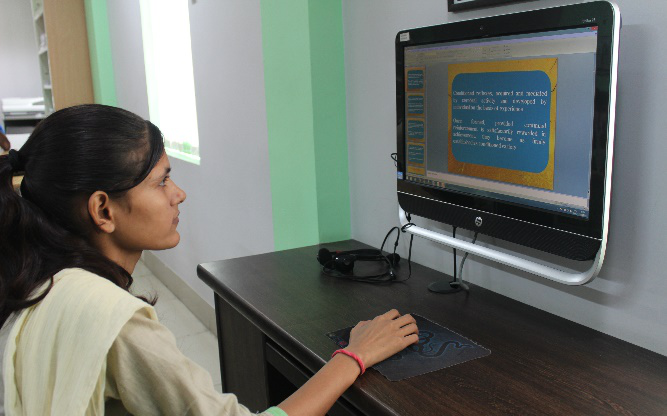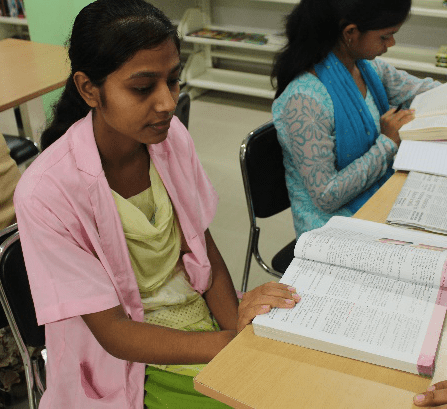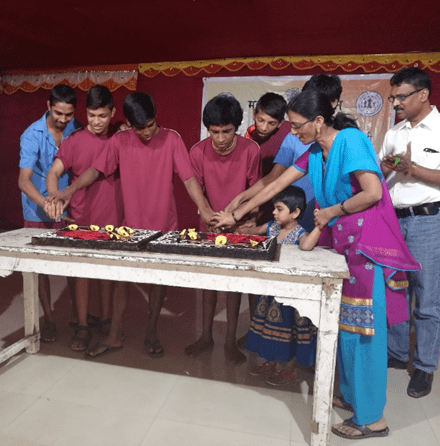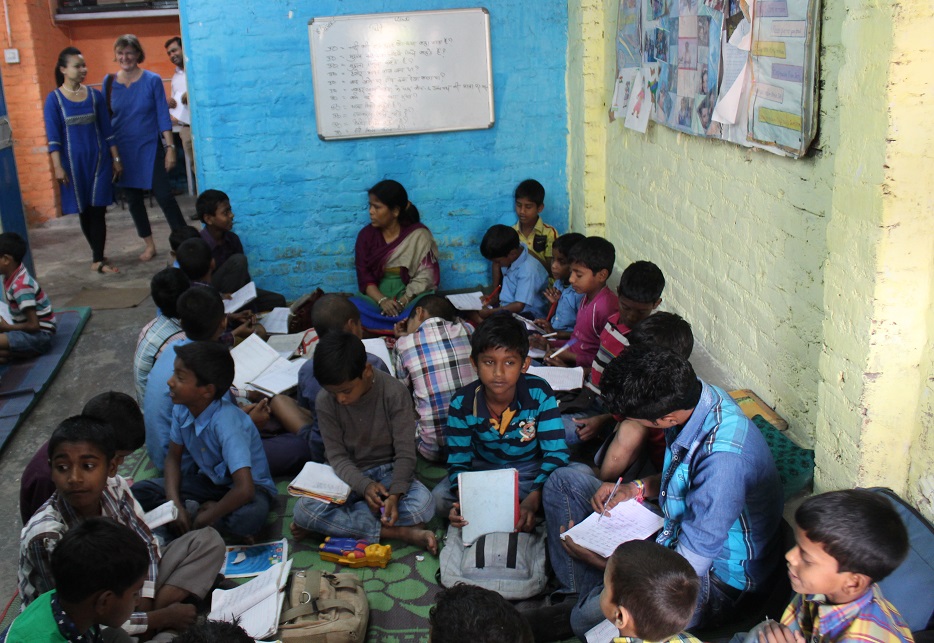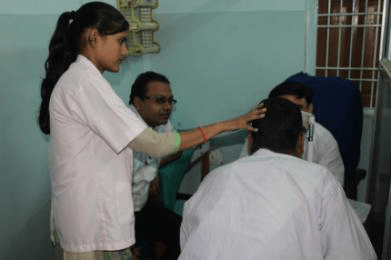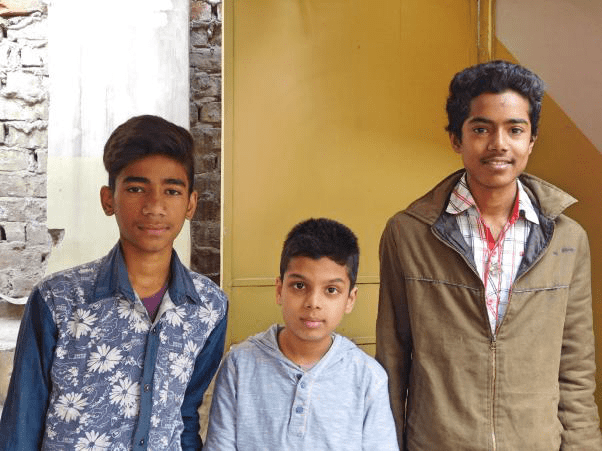In Delhi an estimated 30% of inhabitants live in slums. Government schools are being used beyond full capacity and demand for good schooling is not being met.
In Bihar, approximately 60% of girls are illiterate.
In Mumbai remand homes, only a minority of students have had any formal education as most have just learnt how to survive on the streets. Yet with the right support systems, these young people have the option to thrive and fulfil their potential.
